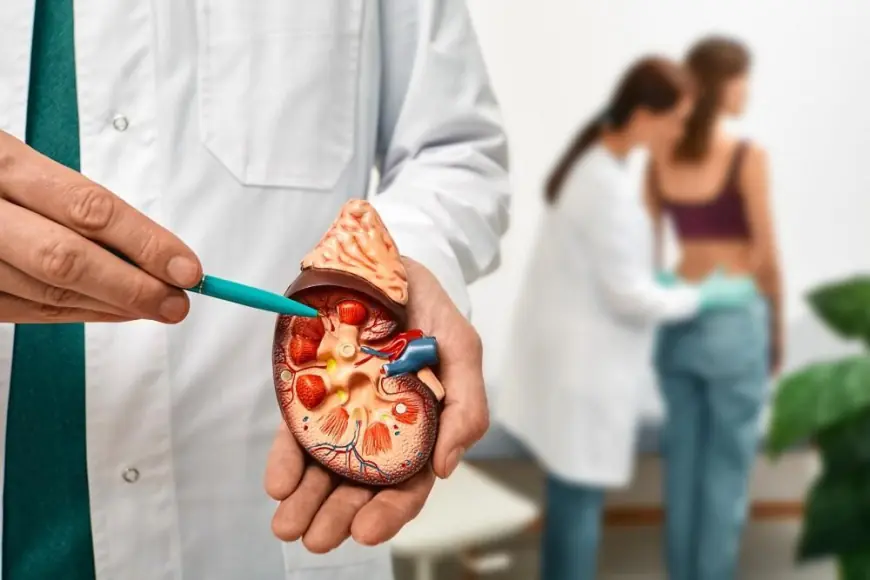Kidney stones are hard deposits that form in the kidneys and can cause significant pain and discomfort. If left untreated, kidney stones can lead to various complications, including kidney damage. However, with proper treatment, the kidneys can regain their function, and the risk of further problems is minimized. Let's explore the kidney Stones Treatment in Dubai .
What Happens When You Have Kidney Stones?
When kidney stones form, they can block the flow of urine, causing pain and difficulty in urination. The blockage may also lead to swelling in the kidneys, known as hydronephrosis. If not treated, this condition can affect the kidney's ability to filter waste and produce urine, which is crucial for maintaining the body’s balance.
How Kidney Stones Treatment Improves Kidney Function
Kidney stones treatment involves methods to remove the stones or break them down into smaller fragments, allowing them to be passed more easily. Several treatments are available, including medication, shockwave lithotripsy, or surgical intervention, depending on the size and type of the stones.
By removing or reducing the stones, the blockage in the kidneys is eliminated, restoring proper kidney function. This treatment reduces pressure on the kidneys and ensures that they can continue their primary job—filtering waste from the blood and producing urine.
Prevention and Long-Term Kidney Health
Effective kidney stones treatment not only relieves immediate symptoms but also plays a role in preventing the formation of new stones. Patients are often advised to adjust their diet and fluid intake, helping to prevent stone formation in the future. Maintaining a healthy lifestyle supports kidney function and reduces the chances of recurring kidney stones.
FAQs
-
What are the main causes of kidney stones?
Kidney stones are often caused by dehydration, high salt intake, certain medical conditions, and diet. Genetics also play a role in stone formation.
-
How do doctors diagnose kidney stones?
Doctors typically use imaging techniques such as ultrasounds, X-rays, or CT scans to identify kidney stones and assess their size and location.
-
Is surgery always required for kidney stones?
Not always. Smaller stones may be treated with medication and lifestyle changes, while larger stones may require surgical intervention or shockwave treatment.
-
Can kidney stones cause kidney damage?
If left untreated, kidney stones can lead to kidney damage, especially if they cause an obstruction or recurrent infections.
-
What is the recovery time after kidney stones treatment?
Recovery time varies depending on the treatment used, but most people can return to normal activities within a few days to a few weeks, depending on the severity of the condition.
Conclusion
Kidney stones treatment is essential in maintaining kidney health and improving kidney function. With timely intervention, patients can experience relief from symptoms, prevent complications, and reduce the likelihood of future kidney problems. Maintaining a healthy lifestyle and seeking medical advice promptly can go a long way in preserving kidney function and overall well-being.

 Like
0
Like
0
 Dislike
0
Dislike
0
 Love
0
Love
0
 Funny
0
Funny
0
 Angry
0
Angry
0
 Sad
0
Sad
0
 Wow
0
Wow
0













































